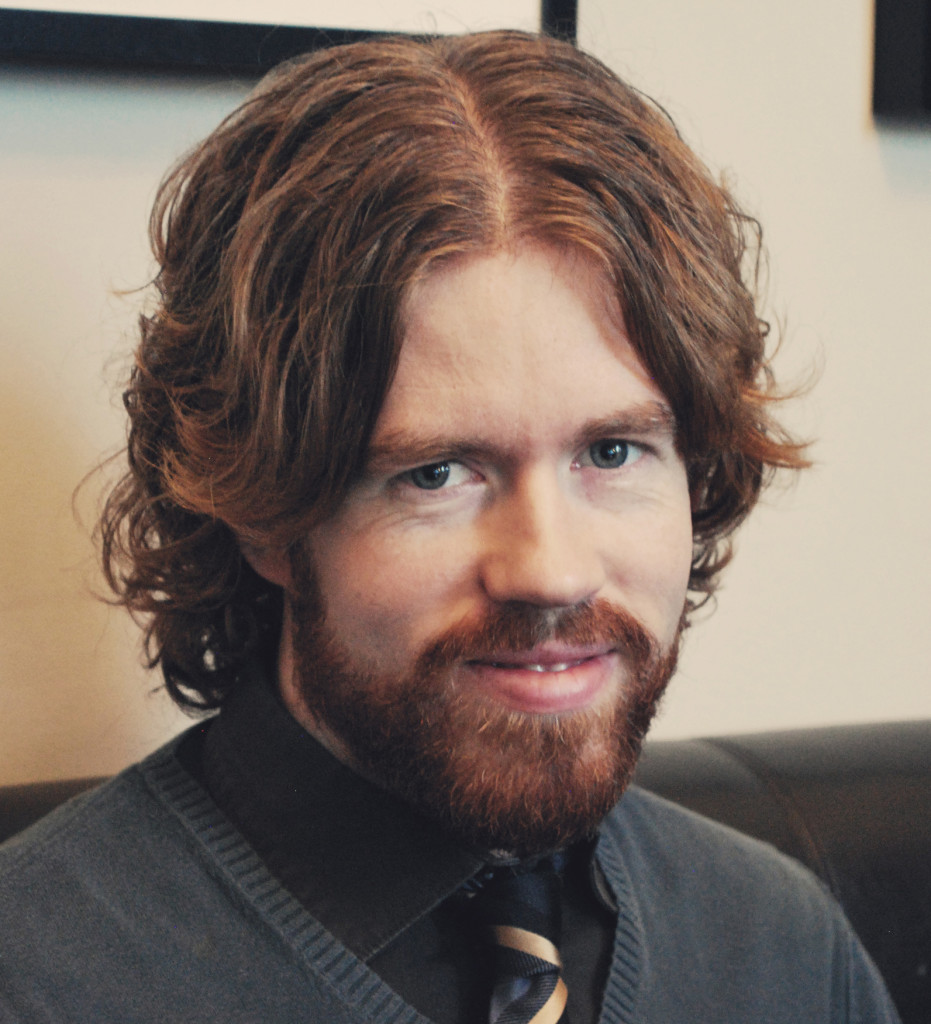
Gender and Judgment
This past month has seen some pretty incredible headlines. The coverage has been consumed with the story of Bruce Jenner announcing himself as Caitlyn Jenner. That story was accompanied by a resounding celebration of Jenner’s decision. The coverage was so overwhelmingly positive it was hard not to get swept up in all the cheer. Then something strange happened…
A woman named Rachel Dolezal told the world that she identifies as a black woman even though she was born to white parents. At this, the media turned very negative and critical. They condemned her attempts to portray herself as something which her DNA contradicts. In some cases, the exact same pundits who were encouraging Jenner’s transformation were condemning Dolezal’s a week later.
These two stories have much in common. In both cases, an individual has appealed to the idea that their identity is something other than their physical anatomy permits. They believed that their identity not only transcends the material circumstances of their bodies, but opposes them.
What stood out to me wasn’t so much the double standard with which the media responded to them, but the theme of identity which emerged out of the collective conversation that ensued. Apparently, identity is really important to us, but the way people spoke about it seems to suggest that we don’t have a very strong grasp of this concept. This is especially true when we confront the question of shared identity as members of the human race. It begs the question: what is our identity as individuals and how is that shared among us in a way that promotes community, understanding, compassion, and love?
It made me think of a resolution that I recently made. Whenever I’m driving and someone else is being careless and holding everyone up; I respond by getting annoyed, but then I become curious. When my opportunity to pass the delinquent driver is realized, I can’t help but take a look at them. On one such occasion, I paused to ask myself why I do that. The only reason I could come up with was that I was categorizing them. I was using that opportunity to confirm my suspicions about the stereotypes I maintain about groups of people. For example, if the driver was a certain gender or ethnicity, I would use that experience to fill in the blanks about that individual based on superficial categories. Frankly, I was ashamed and since then, I’ve resolved to resist the temptation to look at them when I’m able to pass.
That experience made me realize something that is really important to me now. No one trait about a person can tell us all we need to know about them. People are so much more than their ethnicity, gender, sexual attractions, job description, or any other characteristic you can use to describe them. It’s wrong to use any of those traits to try to categorize people as if we can know all we need to based on that category. That kind of thinking is, I believe, at the heart of all the worst prejudices and bigotry that our society struggles with.
If that’s true, why are we encouraged to embrace an idea of identity that affirms this same kind of categorical thinking? Why are we celebrating philosophies that say a person’s identity is best summarized by their sexual orientation or gender identity as if all we need to know about someone is their sexual desires or feelings? I think this dehumanizes people and reduces them to a perception of themselves that is so much less than they actually are.
The only identity I can think of that does not succumb to this trap is: A beloved child of God. If we understood everyone in those terms instead of the various other categories we use to size people up, I think the world would be much more compassionate and caring. If someone tries to encourage you to summarize your identity with anything less than that, I hope you’ll have the sense to resist that temptation and embrace an identity that endorses your full dignity as a child of God.
(To see what Pope Francis said on gender theory, click here)
_________________________
 Brian is passionate about the Church’s ability to communicate effectively in the modern world. From his role as the Creative Director of Holds Worth Design, a Graphic Design and Web Design studio in Edmonton, Canada, he promotes the use of strategic communication and effective branding and packaging of timeless truths through modern means. Learn more about his work on Facebook and Twitter.
Brian is passionate about the Church’s ability to communicate effectively in the modern world. From his role as the Creative Director of Holds Worth Design, a Graphic Design and Web Design studio in Edmonton, Canada, he promotes the use of strategic communication and effective branding and packaging of timeless truths through modern means. Learn more about his work on Facebook and Twitter.